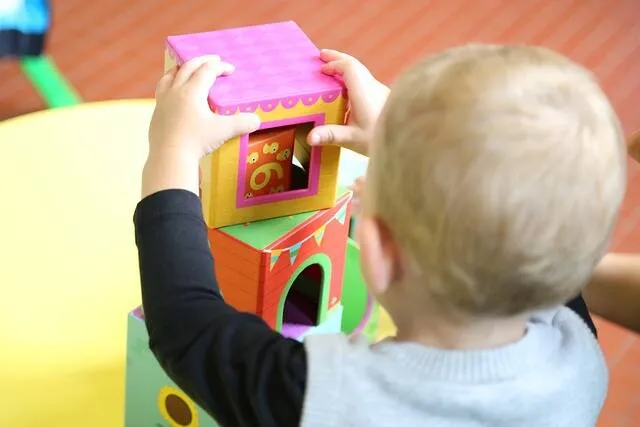The Norwegian government wants children to be the most important in the management of kindergartens, and the proposal for a new management system should provide all children with an equal, high-quality offer.
As we read further in the press release, the government has presented a proposal for a new management and financing system for the preschool sector for consultation. Half of the 270 pre-school children in Norway attend private kindergartens.
– We propose a sustainable management system that takes into account both the management needs of municipalities and the needs of private kindergartens in terms of security and predictability, says Nordtun.
Also read: Apps for mental problems
Regulations stand in the way of high-quality investments
Numerous studies and reports have shown that current regulations are outdated. There has long been a need for new rules for the preschool sector:
- Today, communes are not able to implement initiatives for all preschool-age children in the commune, even though the commune is responsible for all preschool care.
- Fewer children will attend kindergartens in the coming years. A set of regulations is needed that will allow municipalities to take care of and improve the quality of kindergartens, while reducing the number of places. It will also contribute to the creation of good and predictable jobs that attract competent employees.
- Parents want to have a variety of options to choose from. Today, municipalities do not have the appropriate tools to provide parents with various types of kindergartens, e.g. non-profit entities.
- More and more kindergartens use public subsidies to a greater extent to pay for premises they previously owned and which they now rent for more money. This tax money could have been spent more on children.
The three most important changes the government wants to introduce are:
1. The new subsidy system puts children at the center of attention
With current financing, private kindergartens in the commune receive the same subsidy per child. This doesn't work well because kindergartens work with children with different needs.
– Kindergartens with similar offers must receive similar subsidies. At the same time, for example, a private kindergarten in areas prone to difficult living conditions should be able to obtain more money for additional staff to work with children's language than others. This will ensure more equal offers for our children, says Nordtun.
The government proposes that municipalities decide on the method of calculating subsidies for private kindergartens, within clear limits. Local authorities know kindergartens, children's groups and local conditions best.
2. Municipalities must pursue a more comprehensive preschool policy
Private and municipal kindergartens are part of social welfare financed by municipalities. City authorities have the ability to set local regulations. In this way, the commune can pursue a more active kindergarten policy and improve quality locally. Thanks to this, private kindergartens will become a more natural part of the city's social welfare offer.
The government wants the commune to be able to control the number of places in kindergartens in the long term, as well as to adjust the number of places in nurseries in both municipal and private nurseries in a predictable long-term manner.
– We believe that municipalities know best what kind of kindergartens they will need to provide children and parents with a good offer in the coming years, says Nordtun.
3. This will prevent the kindergarten's assets from becoming merely a subject of speculation
To prevent kindergarten assets from becoming mere speculation, the government will introduce more effective and reasonable real estate subsidies. Therefore, the government proposes to replace the current national capital subsidy with a property subsidy determined by the municipality.
The government will also set stricter requirements for the use of kindergartens from subsidies. Kindergartens, for example, are not allowed to buy expensive company cars or holiday homes for employees, as some cases have shown.
– Kindergartens are for children. They cannot constitute investment objects for commercial entities. That's why we are tightening the regulations even more, says Nordtun.
The consultation deadline is February 1, 2024. Read the full consultation note here.
Like us on Facebook and share our post with others
Source: regjeringen
Also read: Proposals for measures to prevent student absenteeism


